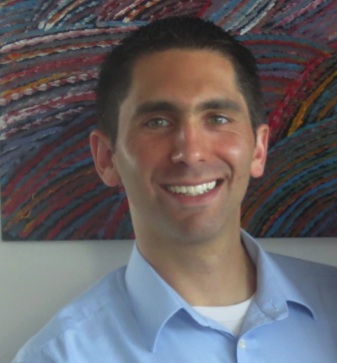The rape of Jacob’s daughter Dinah by Shechem and subsequent verses (Bereshit, chapter 34) is one of the most disheartening episodes in the entire Torah. Where is Dinah’s voice in this narrative? What did Dinah think and feel? Who comforted her after such a frightening episode? Sadly, shockingly, we never hear from Dinah. She speaks not a single word in the entire chapter, or throughout the Torah. In fact, we might suggest that Torah seems far more concerned with explaining the needs and actions of the men around her, instead of recording the suffering, battered voice of one of God’s children.
What can we learn from such an episode? We must begin by acknowledging the harrowing truth, a hard fact to swallow indeed, that such a terrible tale, laden with so many painful moments, is included among the stories of our people’s most sacred literature. Further, we cannot change the past, we cannot change Torah, but we can continue to learn and grow from our text. Sometimes, this means learning what not to do. We cannot be silent to the needs of “Dinahs” in our world or silent in general. And we cannot respond to violence with violence.
In the United States, more than 12 million women and men, an estimated 24 people per minute, are victims of rape, physical violence, or stalking by an intimate partner. 29% of women and 10% of men have experienced rape, physical violence, and/or stalking. Nearly half of all women and men have experienced psychological aggression by an intimate partner in their lifetime.1
Violence continues to happen all around us. As painful as it is for us to do so, we might need to acknowledge that we know someone who is presently in an abusive relationship or someone who has been a victim of a violent attack. We might even need to acknowledge that we are that person, that we need help, and that we can feel empowered to leave a violent relationship. There are many resources that offer assistance, many people – including friends and community – who will help by listening to stories and by offering guidance.
In many cases, efforts to eradicate all forms of violence must begin with men. One such international effort is the White Ribbon Campaign. On the afternoon of 6 December 1989, a man walked into the Ecole Polytechnique University in Montreal and massacred 14 of his female classmates. His actions traumatized a nation and brought the issue of violence against women to the forefront of their collective consciousness. Two years later, a handful of men in Toronto decided they had a responsibility to speak out about and work to stop men’s violence against women. As a result, the White Ribbon Campaign in Canada became an annual awareness-raising event held between 25 November and 6 December, which this year coincides with our reading of Parashat Vayishlach.
The White Ribbon Campaign is now the largest global male-led movement to stop men’s violence against women. The White Ribbon Campaign, which requires men to say, “I swear never to commit, excuse or remain silent about violence against women,” is a positive way to get involved. Men who are community leaders must play a key role in helping to stop violence against women, by speaking out about this issue and by stepping in when male friends and relatives insult or attack women. While only a minority of men treat women and girls with contempt and violence, it is up to the majority of men to create a culture in which this is unacceptable.
Dinah’s story reminds us, albeit painfully, that our world is not yet complete. Truly, we cannot afford to model the silence, the complacency, the passivity and the shocking indifference of our ancestors. Women who suffer acts of violence are our mothers, our wives, our sisters, our daughters, and our friends. Torah calls upon us to respond, to stand up and make a difference, to support those among us who are in need, ensuring that we will not stand idly by while our neighbours, our loved ones, bleed.
1http://www.thehotline.org/resources/statistics/
Paul Jacobson is rabbi of Temple Avodat Shalom in River Edge, New Jersey. He previously served for 7 years as rabbi at Emanuel Synagogue in Sydney, Australia where he was also an Ambassador for the White Ribbon Campaign.

